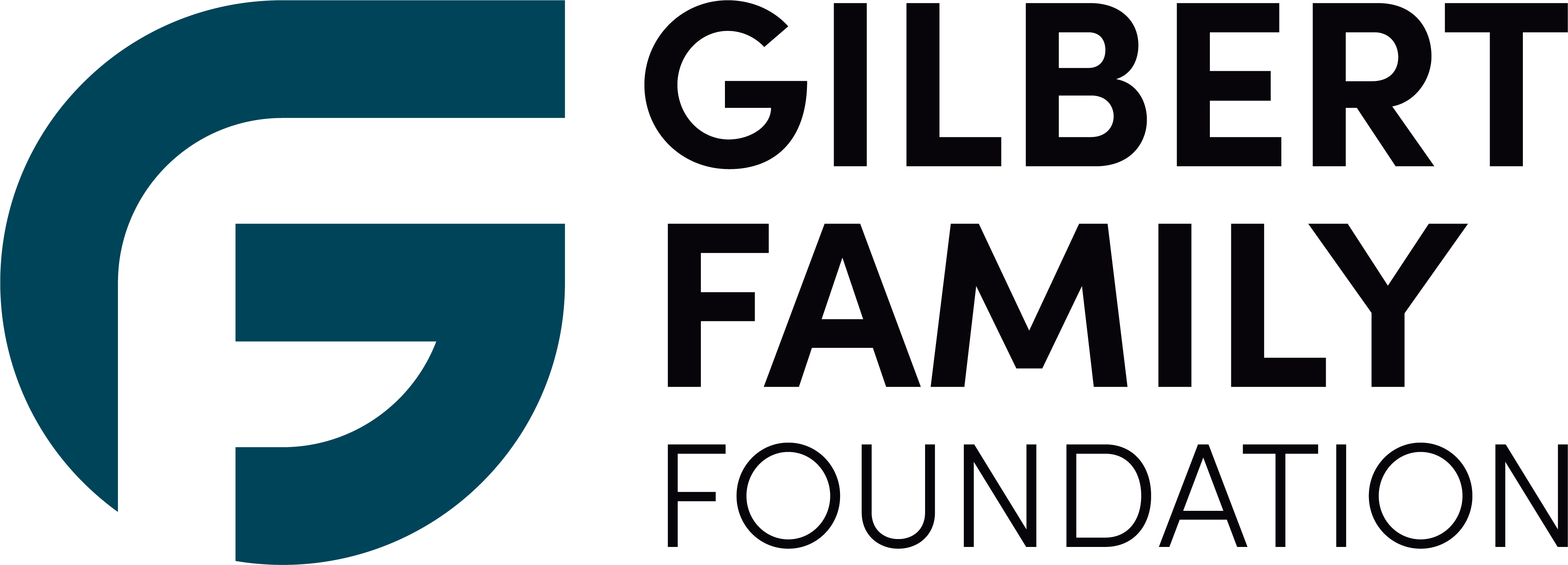The Gilbert Family Foundation (GFF) recently established a partnership with Sage Bionetworks (Sage) to enable the storage, management, and sharing of data generated by GFF-funded research. Sage is a nonprofit dedicated to providing researchers with tools and approaches for reliable analysis and responsible data sharing. From the start, GFF recognized the significant value of open research collaboration across our awardees, particularly in the case of a rare disease like neurofibromatosis (NF) where the amount of available data and literature is already limited.
GFF has also joined Sage, the Children’s Tumor Foundation, the Neurofibromatosis Therapeutic Acceleration Program, NCI Developmental and Hyperactive Ras Tumor SPORE, CDMRP Neurofibromatosis Research Program, and the Neurofibromatosis Research Initiative in the NF Open Science Initiative (NF-OSI), committing GFF to publicly sharing the majority of data generated within our research programs. The NF-OSI is a collaboration that aims to catalyze NF research by enabling researchers to share and discover data and making large-scale analysis of NF-related data a reality – materialized through the collective use of the NF Data Portal.
GFF has several goals in participating in NF-OSI and using Sage as a data-sharing partner. To begin, by maximizing the availability of data produced by GFF’s funded projects, we hope to support collaboration across the NF research community and accelerate development of therapies. While “open science” is a relatively new term, the ideology and research methods it classifies, such as improving transparency and accessibility of research content and outputs, dates back to the 1600s with the advent of the academic journal (1). As new analytic tools are developed that can derive innovative conclusions from vast data sets, open science participation expands to accessibility of experimental raw data to enable their use. The principles of open science and data sharing further GFF’s mission of advancing NF research, and we are thrilled to participate in collaboration with other major NF research funders.
GFF also plans to explore how to best integrate data sharing into the research process. GFF started working towards this goal by designing our research initiatives to encourage significant communication and collaboration, including using consortium and team award program structures, hosting regular meetings to discuss research progress, and helping to facilitate resource sharing. Through our partnership with Sage, we expand this to data sharing specifically by identifying opportunities to optimize the process for the upload and share of usable data, allowing the time of our awardees to remain invested on the specific aims of research endeavors.
Lastly, GFF partnered with Sage to support the storage and organization of data generated by GFF awards. The Synapse platform that hosts the NF Data Portal and the technical support of the Sage team allow GFF to access and evaluate data sets as a metric of project progress and retroactively access them for use in future research.
We believe, and therefore we see an end to NF, and building and engaging in initiatives like NF-OSI that support communication and collaboration across the NF research community is an important component of reaching this objective.
References
1. David, P.A. (2007), The Historical Origins of ‘Open Science’, Working paper, Stanford: Stanford University, Economics Dept. June, 1–82.
